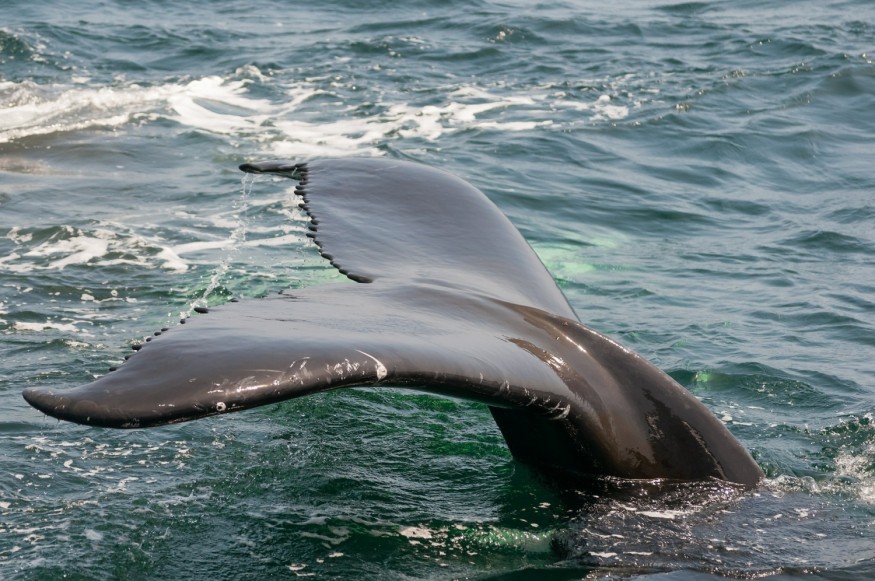
Migrating animals that stay in Earth's oceans might have a better relationship with the sun than we thought. But researchers suggest that healthy gray whales are almost five times much more likely to stay on their paths while there's an extreme prevalence of sunspots and, therefore, excessive tiers of radio waves emitted from solar storms.
The scientists presented their findings at the Society for Integrative and Comparative Biology assembly.
Kenneth Lohmann, a biologist who studies how animals hit upon Earth's magnetic discipline in the University of North Carolina, told Live Science in an email that there have been numerous previous reviews linking magnetic storms to whale stranding.
Scientists are unsure if whales use magneto reception to navigate. But lead author Jesse Granger, a conservation biophysicist at Duke University in North Carolina, said migratory whales - such as grey whales - are probable candidates due to the fact the ocean presents few other navigational cues.
Grey whales swim north from the coast of Baja California in Mexico, to the cold, food-rich waters of the Bering and Chukchi seas, north of Alaska from March to June. Whales make their return experience south beginning in November.
A seemingly wholesome gray whale occasionally strands while en route. Although there are myriad motives why a whale might strand, one possibility is that the whale made a navigational error when something changed into disrupting Earth's magnetic area or the whale's capacity to discover it - like a solar storm, for example.
Granger and her colleagues reviewed gray whale stranding records from the U.S. West Coast between 1985 and 2018. Healthful gray whales had been stranding far extra frequently while there have been an excessive wide variety of sunspots.
But that locating alone does not explain how a sunspot could prove a grey whale to get lost. Although sunspots motive a massive increase in electromagnetic radiation, most of that radiation would not make it to our planet's surface, because the light is blocked or scattered by using Earth's atmosphere.
Granger said there is a big chunk within the radio frequency (RF) wave range that does make all of it the way to the Earth. "It was proven in numerous species that RF noise can disrupt a magnetic orientation capacity," he added.
The researchers discovered there had been a 4.8-fold growth inside the probability that a whale might strand on days while there was excessive RF noise (due to solar storms) as compared with low RF noise. This suggests that the whale's magnetic receptor, or ability to read its outline of the area, might cause the whale to take a detour - not that the map is incorrect, Granger said.
But scientists still don't know for sure if whales even have a magneto reception sensor or not. All we know, Granger stated, is that "whales are stranding lots greater regularly whilst the solar is doing crazy stuff."
Magnetic storms are also recognized to motive different problems for animals unrelated to navigation, Lohmann stated. Additional work, according to the researchers, could be wished to determine whether the storms are affecting whale navigation or having some different effect.
Granger said one of the team's subsequent steps is to peer if that is a phenomenon that's seen in other migratory species and in different elements of the arena wherein the magnetic discipline might not be as easily detected.
ALSO READ : Here's Why Ocean Animals Keep Eating Plastic
© 2025 NatureWorldNews.com All rights reserved. Do not reproduce without permission.





